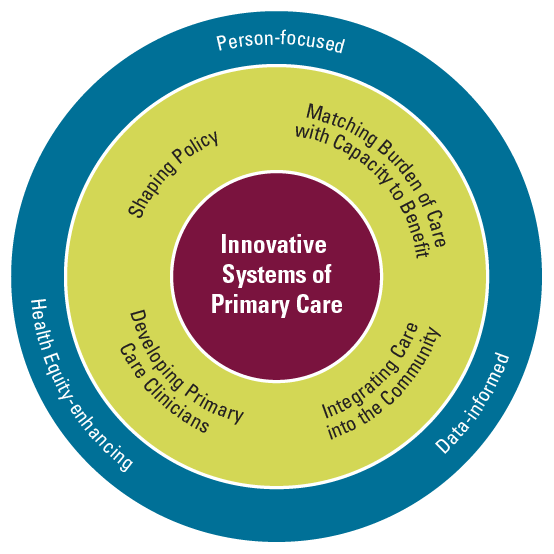Information Box Group

We embrace a culture of evidence-informed primary care by working to discover new knowledge and creating new ways to improve the health care patients receive — so that they may enjoy a life worth living on their terms.
Our research, which has informed the development of innovative systems of care and contributed knowledge leading to improved health outcomes, is regularly recognized with local, provincial, national and international awards for excellence.
Information Box Group
$40 million dollars of research funding in the past ten years
Research clusters
Shaping Policy
Policies are an influential element shaping health care delivery. We aim to shape policy through our research and consider the ethical and social implications of health policies to ensure the delivery of sensitive and responsive care.
Developing Primary Care Clinicians
The education and development of clinician trainees is an important part of DFM work and several faculty members are involved in researching how to do this more effectively. Research considers the development of the practicing primary care clinician, drawing attention to how they navigate difficult circumstances, enhance their skillset, and keep up to date.
Integrating Care into the Community across the Lifespan
We have a focus with delivering care to patients where they need it most, which is often in the community. This might mean meeting patients where they are, whether this is elderly people at home, in subsidised housing or in places of incarceration.
Matching Burden of Care with Capacity to Benefit
Established health system practices may not be the best use of resources for patients or for the system. Many of our researchers are considering scenarios that see a potentially high burden of care for a relatively low treatment benefit e.g., overdiagnosis, multimorbidity.
Cross-cutting values
Person-focused
Patient, family, and primary care clinician are the ‘person’ at the centre of the work we do, with particular attention to patient priorities and preferences in clinical care.
Data-informed
Data is important in describing, understanding and shaping practice patterns, the training of clinicians, and identifying places for improving efficiency, efficacy or safety of care.
Health equity-enhancing
Our researchers work to understand and alleviate health inequities experienced by many different types of equity-seeking groups, including racialized and Indigenous populations, gender-diverse and queer populations.

